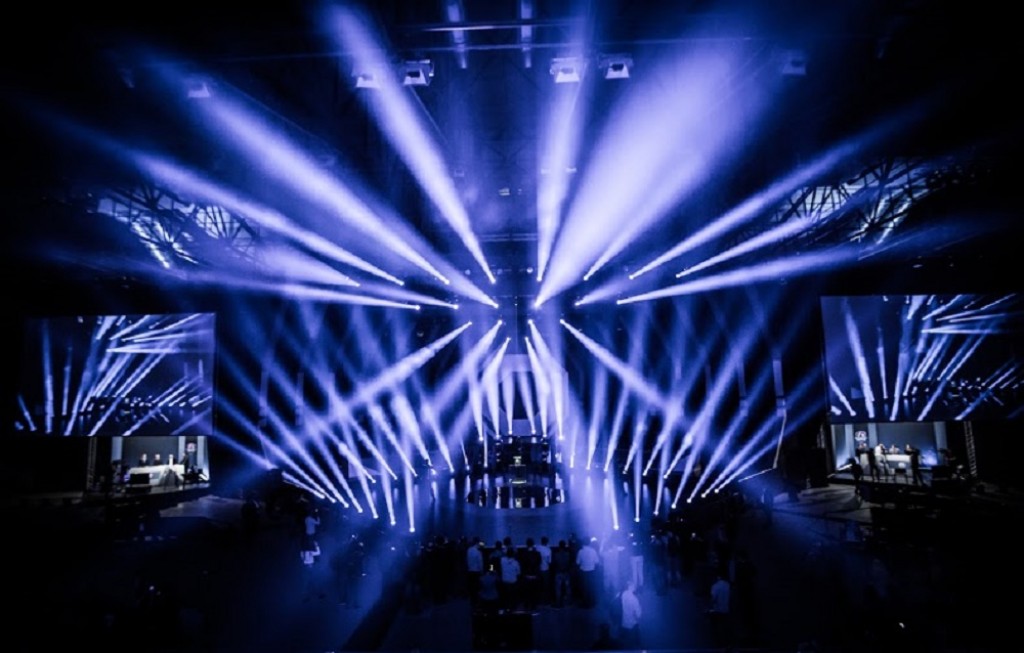

League of Legends, for example, has been around for over a decade, and Call of Duty is even older. However, many of the most popular games are getting older, which will eventually cause declines in demand and revenue. Aging gamesĪs esports gains traction, the industry is aiming to develop reliable revenue streams. Amazon pays a 30% cut of the total amount donated to the gamers and retains the remaining 70%. Twitch, for instance, relies on subscription packs (Prime and Turbo) for the majority of its revenue and offers an in-game currency called Bits. Live streaming channels for gamers generally follow a subscription model, where in-app purchases, called microtransactions, ensure a steady stream of revenue. Over the coming years, organisers will tackle matchfixing by investing in fraud identification and addressing tech vulnerabilities. Match-fixing incidents in games such as CS: GO, League of Legends, StarCraft II, and Overwatch have damaged the industry and lead to popular players like Life being banned from competition. More than two-thirds of esports executives believe match-fixing is a threat to the industry’s legitimacy and growth, according to a 2019 survey by law firm Foley & Lardner and the Esports Observer. Game-specific platforms are also emerging. Organisers like DreamHack and ESL have teamed up with Nielsen for sponsorship valuation and media measurement. Teams such as Cloud9, Team Liquid, and Astralis have partnered with Microsoft, SAP, and Newzoo, respectively, to use data to develop gaming strategies, attract investment, and reach larger audience. Insights derived from data analytics are being used by organisations across the esports value chain. Tools that use natural language processing (NLP) will gain greater prominence over the next two years. Startups like Edisn.ai are also using facial recognition of players to increase fan engagement and help broadcasters and teams produce personalised and interactive content.

Organisers like FaceIT are using Minerva, a community management tool that uses machine learning, as an anti-cheating measure in events. SenpAI (for League of Legends and Dota 2), and Omnicoach (for Overwatch) are prominent machine learning-based training platforms for skills and strategy development. Artificial intelligence (AI)ĪI will become integral to esports over the next three years. SK Telecom, AT&T, and Vodafone have partnered with leading organisers to offer 5G services for mobile esports in South Korea, North America, and Europe, respectively. Its subsidiary, Riot Games, will release a mobile version of the PC-based League of Legends in 2020.ĥG could have a significant impact on esports, and telcos are already racing to gain market share. Tencent, a major player in both mobile gaming and esports, is looking to address this geographic variance. Mobile esports is growing particularly quickly in Southeast Asia and Latin America.
#J2k esports and technology. free#
Free-to-play games such as Player Unknown’s Battlegrounds (PUBG), Clash Royale, Vainglory, Arena of Valor, Free Fire, and Mobile Legends are pioneering the mobile revolution. Mobile esports will take off dramatically over the next three years. Dell’s subsidiary Alienware, for example, has built a large training facility in California for Team Liquid to promote its Aurora gaming machines, while Asus provides high-refresh gaming monitors and esports-specific compact desktops to Ninjas in Pyjamas. With the popularity of esports increasing and new PC-based games arriving, gaming PCs are likely to be the preferred choice of esports players over the next three years. The vast majority of esports are played on PCs, due to the superior game control offered by a keyboard and mouse combination, and the ability to customise components. Listed below are the key technology trends impacting the esports industry, as identified by GlobalData. Although esports currently caters to a niche audience – almost 10% of the global online population of around 4.5 billion – its reach is expanding rapidly. These organised multiplayer video game competitions have enjoyed spectacular growth over the last decade, with thousands of fans filling stadiums to watch live events and millions following them on streaming platforms. Esports is the fastest growing theme in the gaming sector.


 0 kommentar(er)
0 kommentar(er)
